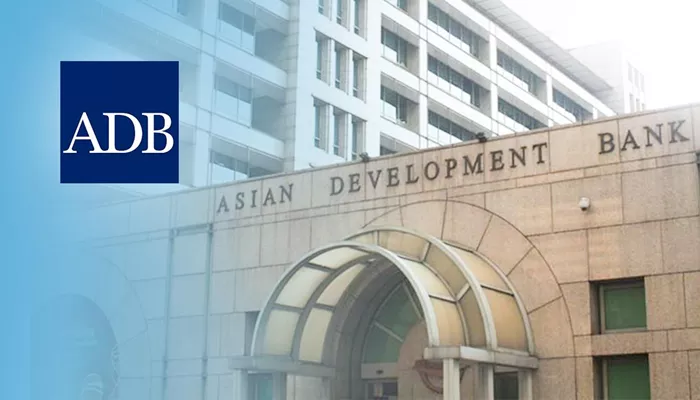The Asian Development Bank (ADB) has announced an increase in its climate-related lending capacity by up to $7.2 billion, thanks to sovereign guarantees from the United States and Japan. This marks the first time such guarantees have been applied to climate finance, presenting a significant step toward mobilizing more funds for climate-related projects in developing countries.
The new strategy, which was shared exclusively with Reuters, is expected to serve as a model for other development banks seeking to ramp up their climate finance efforts. The move comes just ahead of the United Nations’ COP29 climate summit, which will be held in Baku, Azerbaijan, and aims to boost funding for climate initiatives in developing nations.
Leveraging Sovereign Guarantees for Increased Lending Capacity
Under this new framework, the U.S. will guarantee up to $1 billion of existing loans issued by the ADB, while Japan will provide a $600 million guarantee. These sovereign guarantees effectively free up the ADB to issue additional loans for climate projects, without requiring immediate capital increases from its member states.
Jacob Sorensen, the ADB’s Director of Partner Funds, explained that this structure is a “fantastic way” to extend the lending capacity of multilateral development banks (MDBs) without the politically challenging process of seeking new capital from member nations. Sorensen also highlighted that the guarantees will remain in place for 25 years, providing long-term stability and funding for climate initiatives.
Impact on Global Climate Finance Efforts
The ADB’s new climate finance strategy builds on its goal to lend $100 billion for climate-related projects between 2019 and 2030. In 2023, the bank lent $9.8 billion for such initiatives, and this new plan provides a significant boost to its lending ability.
The guarantees are expected to generate additional lending capacity over the next five years, with early projects already in the pipeline. One notable beneficiary is a sustainable aviation fuel project in Pakistan, which will generate fuel from used cooking oil. The ADB is set to fund approximately $45 million of the $90 million needed for this initiative, with the deal expected to be finalized by November 20, 2024.
A Collaborative Approach to Climate Financing
The ADB has spent the past three years developing this innovative guarantee deal in collaboration with a group of Western governments, and it hopes to see other nations follow suit. The bank has been working closely with institutions like the World Bank, the Inter-American Development Bank, and the European Investment Bank to share knowledge and help expand the use of sovereign guarantees for climate finance.
The success of this new framework is being closely monitored by other MDBs. In fact, the World Bank has already implemented a similar initiative, guaranteeing more than $10 billion for climate projects in 2023 through its platform for loan and investment guarantees. The goal is to double this figure by 2030.
The Need for Increased Climate Finance Amid Rising Global Risks
The urgency of scaling up climate finance has never been greater, as developing countries face increasing risks from extreme weather events and natural disasters exacerbated by climate change. With the backing of the U.S. and Japan, the ADB is positioning itself to play a pivotal role in meeting the growing demand for climate finance in vulnerable regions.
By using sovereign guarantees to enhance lending capacity, the ADB and other MDBs are paving the way for a new era of climate financing—one that could be crucial in helping developing countries address the challenges of climate change in the coming decades.
In summary, this innovative strategy not only allows the ADB to significantly increase its climate lending but also sets a precedent for other development banks to follow. As the world looks to COP29 and beyond, the ADB’s move could serve as a key step in ensuring that developing countries have the financial resources they need to tackle climate change and build more resilient economies.
Read more:
- Insurance Sector Embraces AI: Opportunities Grow Amid Compliance Challenges
- Australia’s HMC Capital Aims High With $4 Billion Data Centre Reit IPO
- Bitcoin Nears $82k Amid Bullish Momentum; Dogecoin Surges Past USDC

